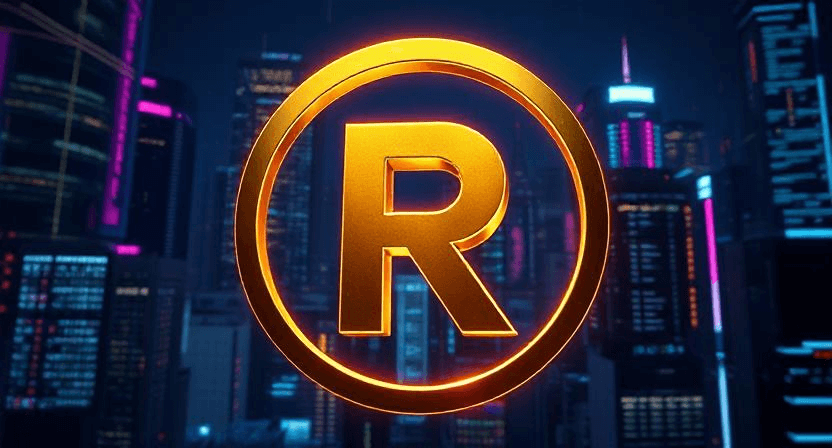Can Establishing a U.S. Brand Agent Help Avoid Tariffs?
 As trade tensions between the U.S. and China continue, many Chinese companies are seeking ways to reduce the impact of additional tariffs—especially those imposed on products made in China. One common idea is to set up a brand agent or subsidiary in the United States. But the key question is: Can establishing a U.S. brand agent help avoid or reduce tariffs?
As trade tensions between the U.S. and China continue, many Chinese companies are seeking ways to reduce the impact of additional tariffs—especially those imposed on products made in China. One common idea is to set up a brand agent or subsidiary in the United States. But the key question is: Can establishing a U.S. brand agent help avoid or reduce tariffs?
1. Who Is Subject to Tariffs?
First, it’s important to understand how tariffs are applied. U.S. tariffs are imposed based on the country of origin of the product—not the brand ownership or sales structure. That means if a product is made in China and imported into the U.S., it may be subject to additional tariffs, regardless of who owns the brand or who sells it.
2. Setting Up a Brand Agent Won’t Directly Avoid Tariffs
Creating a U.S.-based brand agent is a business strategy, not a way to change the country of origin. From the perspective of U.S. Customs and Border Protection (CBP), if a product is manufactured in China, it will still be treated as Made in China, even if it is marketed or sold by a U.S. company.
In other words, having a U.S. brand agent does not change the origin of the goods, nor does it affect the tariff decision by customs authorities.
3. Indirect Benefits of a U.S. Brand Agent
While it doesn’t eliminate tariffs, a U.S. brand agent still brings several strategic advantages:
• Brand Localization
A U.S.-based agent can manage branding, marketing, and customer service locally. This helps build trust and improves consumer perception by making the brand appear more “American.”
• Pricing Flexibility
With control over local pricing, the agent can help absorb or redistribute part of the tariff costs in the retail price, reducing price sensitivity in the market.
• Supply Chain Flexibility
With a U.S. entity in place, businesses can explore new sourcing, repackaging, or relabeling options to eventually change the product's origin—provided it meets Rules of Origin requirements under trade laws.
• Foundation for Future Supply Chain Shifts
A U.S. agent lays the groundwork for future transitions, such as moving production to lower-tariff countries (e.g., Vietnam, Mexico), ensuring smoother operations in the U.S. market.
4. Real Strategies for Reducing Tariff Impact
If the goal is to reduce or avoid tariff costs altogether, a broader strategy is needed. Here are several proven approaches:
-
Shift Manufacturing Locations: Relocate production to countries not affected by additional tariffs.
-
Product Reclassification: Work with customs brokers or trade attorneys to explore alternative product classifications that may be exempt.
-
Leverage Trade Agreements: Use free trade agreements like USMCA (with Mexico and Canada) to redesign the supply chain and qualify for lower tariffs.
-
Transfer Pricing & Tax Planning: Implement proper cross-border pricing strategies to optimize costs and tax burdens.
5. Conclusion
Establishing a U.S. brand agent does not directly exempt you from tariffs, but it provides valuable long-term benefits for brand positioning, operational control, and future flexibility.
For Chinese companies aiming to enter or expand in the U.S. market, it’s a strategic move worth considering—just not a shortcut around tariffs.
To truly reduce the impact of U.S. tariffs, companies need a comprehensive approach that involves production origin, customs classification, supply chain structure, and financial planning.
Share this page
